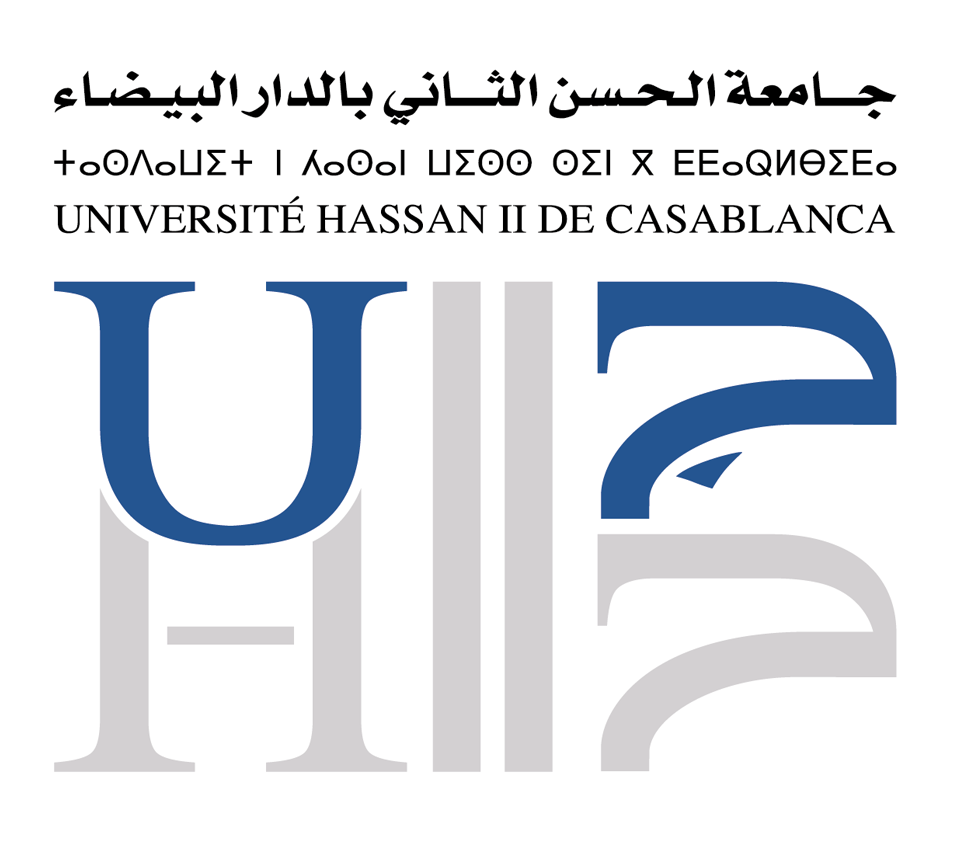DEVELOPMENT OF RESEARCH IN HUMANITIES AND SOCIAL SCIENCES
Hassan II University of Casablanca is committed to an ambitious project for the development of research in Humanities and Social Sciences (HSS). Its strategy relies on several actions, including dedicated funding, improving working conditions for researchers—particularly through better access to bibliographic resources—and promoting scientific publication. The goal is to enhance the international visibility of HSS research by creating indexed scientific journals and actively encouraging the publication of researchers and doctoral students.
This project is part of the Hassan II University of Casablanca Development Project 2022–2026, broken down into specific objectives and actions as follows :
- Specific Objective 3: Promotion and Valorization of Scientific Research
- Action 12 : Create funding opportunities to encourage research in Humanities and Social Sciences ;
- Specific Objective 5: Improvement of working environment, productivity, and international visibility
- Action 1 : Improve researchers’ working conditions and address the shortage of offices for researchers.
- Action 4 : Encourage the creation of scientific journals with the aim of indexing them in international databases.
- Action 7 : Facilitate the acquisition of bibliographic resources in the fields of humanities, legal, economic, and social sciences.
- Action 8 : Encourage and promote the scientific output of researchers in legal, economic, and humanities and social sciences.
- Action 14 : Support HSS researchers in publishing through prizes, funding for literary topics, participation in national and international calls, and training seminars on the publication process.
Key Initiatives for the Development of Research in HSS at UH2C :
- Appointment of a research development officer for HSS : This officer works closely with the University President to design, implement, and follow up on University Council decisions related to the promotion of HSS.
- HSS Sub-Commission : A dedicated sub-commission has been created to coordinate HSS-related activities, increasing their visibility and impact within the university and its environment.
- HSS research support budget : Since 2023, a fund of 3 million Moroccan Dirhams has been allocated to the Faculties of Arts and Humanities (FLSH) and the Faculties of Legal, Economic, and Social Sciences (FSJES) to strengthen research capacities and improve facilities and doctoral training programs.
- Specific evaluation grid for HSS laboratories : A tailored evaluation grid has been adopted for HSS laboratories to allow objective and relevant performance assessments, considering criteria specific to HSS disciplines. This approach aims to enhance research quality and encourage innovation in laboratories.
- Excellence publication incentives : An evaluation grid for excellence grants in HSS has been developed to recognize and reward researchers with outstanding contributions. Evaluation criteria include publication quality, research impact on the scientific community, and participation in international research projects. The goal is to motivate high-quality research and increase the university’s international visibility in HSS.
- Streamlined support request process : A smooth process has been established for handling funding requests, ensuring rapid and appropriate support for researchers and doctoral students.
- ActiveiInvolvement of HSS in Thematic Research and Innovation Centers (CTRI) : HSS contributes to the CTRI by promoting transdisciplinary collaboration, essential for addressing complex societal challenges. Integrating HSS in CTRI fosters cooperation across diverse disciplines, helping to understand the social, cultural, and economic dimensions of scientific and technological issues. This transdisciplinary approach enhances access to advanced equipment and participation in international projects.
- Valorization of HSS journals : The university has launched a process to enhance the value of HSS journals, aiming for medium-term hosting at IMIST (CNRST) and long-term indexing in international databases. Challenges have been assessed and addressed to improve the development, national, and international visibility of these journals.
- Specialized training :
- Training programs are offered to researchers on indexing scientific publications. Workshops are organized for doctoral students on scientific writing and indexed publication to strengthen their publication skills.
- Scientific watch newsletter : A regular HSS scientific newsletter informs researchers and doctoral students about calls for contributions in multiple languages (Arabic, French, English, Spanish), publication opportunities, collaborations, and partnerships. It includes information such as calls for contributions to indexed journals, conference announcements, and research funding opportunities. This initiative is part of a broader strategy to promote HSS research and strengthen connections with the global scientific community.
